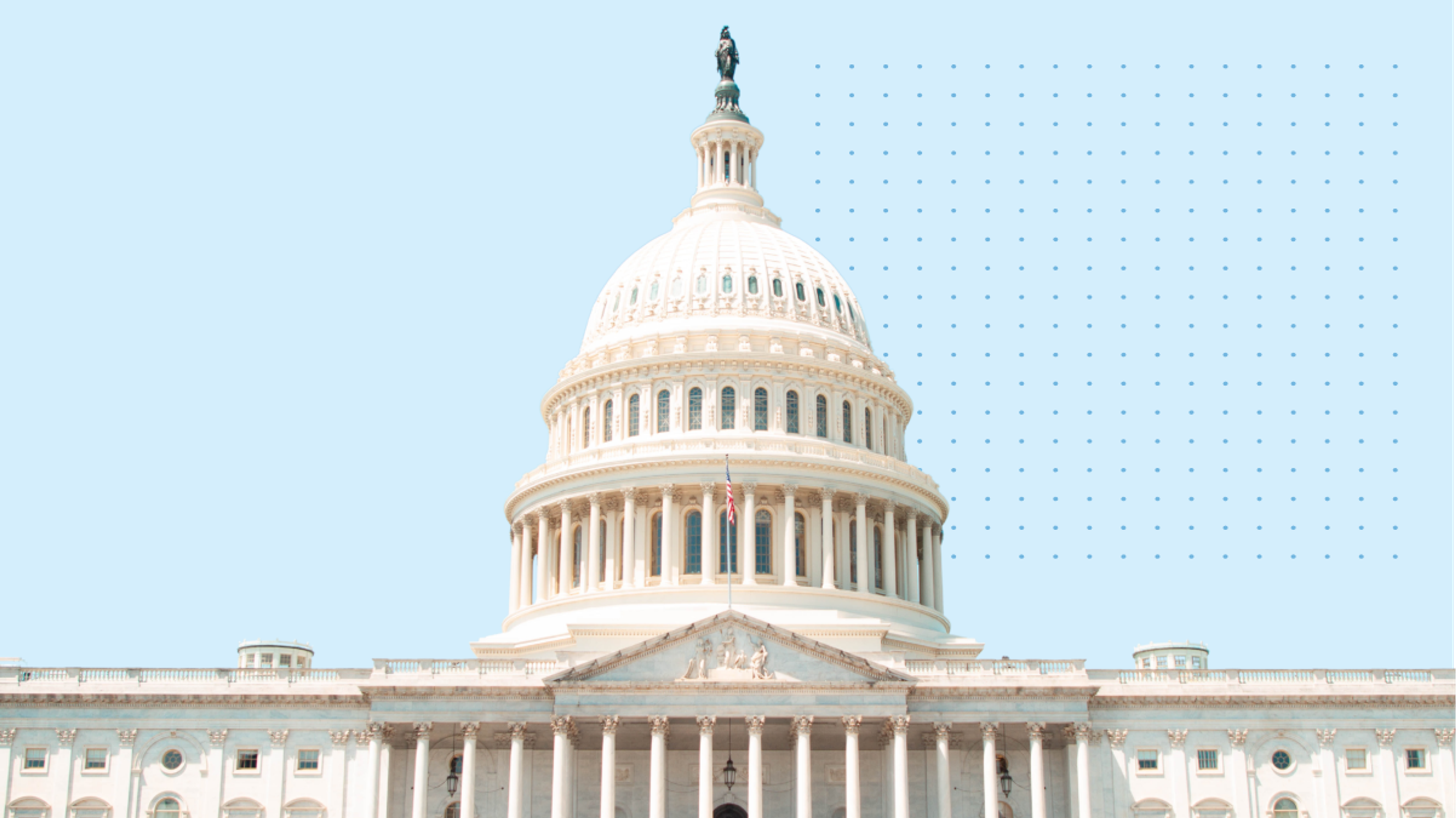Vestwell Supports Small Businesses in Open Letter to the Department of Labor

On October 25, 2021, Vestwell CEO Aaron Schumm issued a public comment letter to the Department of Labor on behalf of Vestwell and our small business clients. We believe one of the proposed rules regarding the annual audit requirement for Defined Contribution Groups could deter small business owners from offering retirement plan benefits and undermine the savings goals of the SECURE Act.
Our mission at Vestwell is to close the well-known retirement savings gap in the United States. To achieve this, we are proud to support more than 22,000 small businesses and their workplace savings programs across numerous industries, and we’re just getting started.
In our experience working with small and medium-sized businesses, we have seen that business owners typically lack a dedicated benefits department and do not have a deep understanding of the applicable regulations. As a leading workplace savings fintech provider, we believe legislative initiatives play a key role in removing the friction and expense holding that holds small businesses back.
What are Defined Contribution Groups?
Defined Contribution Groups, also known as DCGs, are set to go live next year and allow groups of unrelated plans to file a single Form 5500 as long as they use the same trustee, administrator, plan year, and investment options.
DCGs are especially attractive to small business owners, service providers, and financial advisors for their simplicity.
- Advisors can scale their business by offering and overseeing a single investment lineup across multiple plans, even smaller plans that the advisor was unable to support previously.
- Recordkeepers achieve similar efficiencies which, in turn, create pricing advantages for plan sponsors that can be passed on to participants.
- For non-profit organizations that wish to offer an ERISA 403(b) plan, DCGs are the only option under current regulations for an aggregated retirement plan that offers the administrative convenience of a consolidated Form 5500 filing.
- Individual employers have flexibility in plan features, such as eligibility rules, employer match, and vesting schedules, that are best suited for their business.
Proposed Regulation Audit Requirement
Vestwell believes the proposed regulation audit requirement threatens the existence of DCGs. The proposed regulatory change that would require each employer of a certain size in a DCG to obtain its own audit may make DCGs a non-viable option for small businesses.
- The proposed requirement would put DCGs at a severe commercial disadvantage relative to PEPs and multiple employer plans (“MEP”s) given that audits represent an additional expense and burden for employers.
- Small business owners are hoping that similar time and money savings would apply to DCGs, but the cost of an audit, likely in the range of $15,000 - $25,000 per plan, would easily negate any cost savings that are the driver for DCGs in the first place.
- If the proposed changes are enacted, plan sponsors that have more than 100 eligible employees will abandon the DCG option in favor of a PEP or MEP, where there is only one audit required, but that does not allow the flexibility in pricing and plan features available in a DCG.
Closing the retirement savings gap requires giving small business owners access to cost-effective savings vehicles needed in order to adequately support their employees. Those goals would be thwarted by adding a layer of cost and complexity for employers that would only be passed on to their participants and adds little, if any, benefit. To read Vestwell’s full public comment letter on the Proposed Regulation Audit Requirement, click here.